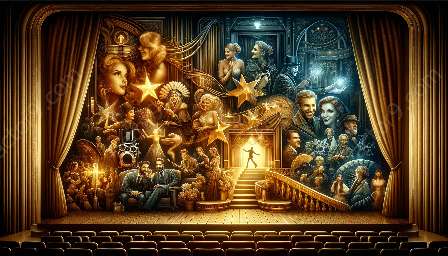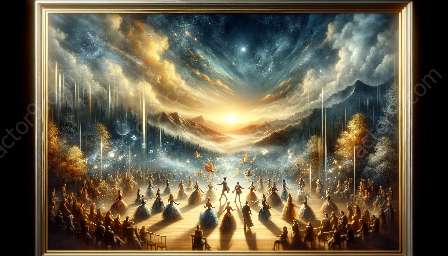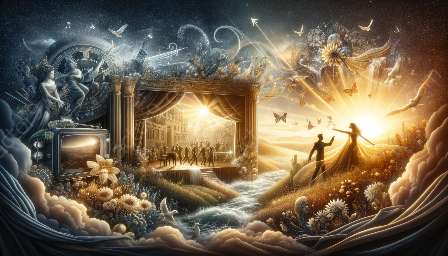Magic and illusions have been captivating audiences for centuries, allowing performers to create awe-inspiring experiences and moments of wonder. The ethics of magic and illusion are deeply intertwined with the art form itself, raising intriguing questions about the responsibilities of performers, the impact on audiences, and the preservation of the mystery and artistry of magic.
Understanding the Ethics of Magic and Illusion
The world of magic and illusion is built on secrecy, skill, and deception. Magicians and illusionists invest significant time and effort in honing their craft, developing techniques, and creating illusions that seem magical to the audience. Central to the ethics of magic is the concept of preserving the mystery and wonder of the performance. The magician-audience dynamic relies on the audience's belief that what they are witnessing is inexplicable, creating a sense of delight and amazement.
Ethical Considerations in Revealing Magic Tricks
Revealing magic tricks and illusions can have significant ethical implications, impacting the performers, the audience, and the art form itself. The exposure of magic secrets can undermine the artistry and creativity of magicians, potentially harming their livelihoods and diminishing the impact of their performances. It disrupts the traditional illusion of magic, jeopardizing the sense of wonder and amazement that magic is designed to evoke.
Impact on Performers
For performers, the revelation of magic secrets can be devastating. Magicians rely on the mystique and intrigue surrounding their performances to entertain and sustain their careers. When magic tricks are exposed, their ability to create wonder and astonishment is compromised, affecting their livelihoods and creative expression.
Impact on Audience
Revealing magic tricks and illusions can also have a profound impact on audiences. The sense of disbelief and enchantment that forms the foundation of the magical experience is eroded when secrets are divulged. Audience members may feel disillusioned or cheated, robbing them of the joy and marvel that magic performances aim to engender.
Preservation of the Art Form
From a broader perspective, the exposure of magic secrets poses a threat to the art form itself. Preserving the mystique and allure of magic is essential for upholding the tradition and cultural significance of magic and illusion. By respecting the secrets behind magic tricks, the art form maintains its integrity and continues to captivate audiences across generations.
Balance of Transparency and Secrecy
While the ethical implications of revealing magic tricks are evident, there is also a growing call for transparency and openness within the magic community. Some argue that demystifying magic and sharing the inner workings of illusions can enhance public understanding of the art form and foster a deeper appreciation for the skill and craftsmanship involved. This raises a complex ethical dilemma, as performers strive to balance the preservation of mystery with the desire for transparency.
Educational Value and Responsible Sharing
It is crucial to consider the educational value of revealing magic tricks and illusions. There are instances where disclosing certain secrets can contribute to the educational and historical understanding of magic, allowing enthusiasts and scholars to appreciate the evolution and innovation within the art form. Responsible sharing of magic secrets in a conducive educational context can enrich the appreciation of magic and illusion.
Conclusion
The ethical implications of revealing magic tricks and illusions are multifaceted, encompassing the impact on performers, audiences, and the art form. Understanding the ethics of magic and illusion is essential for navigating the delicate balance between the mystique of magic and the potential benefits of transparency. Respecting the traditions of magic while acknowledging the educational value of sharing knowledge can contribute to the enrichment and preservation of this timeless art form.


















